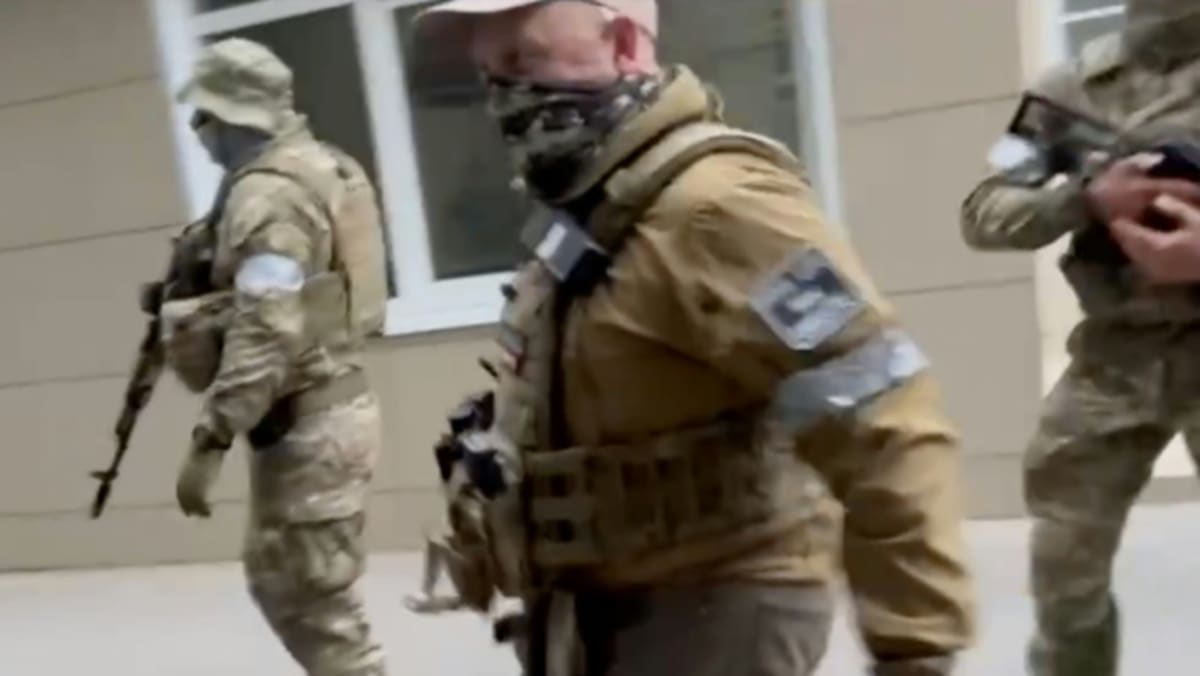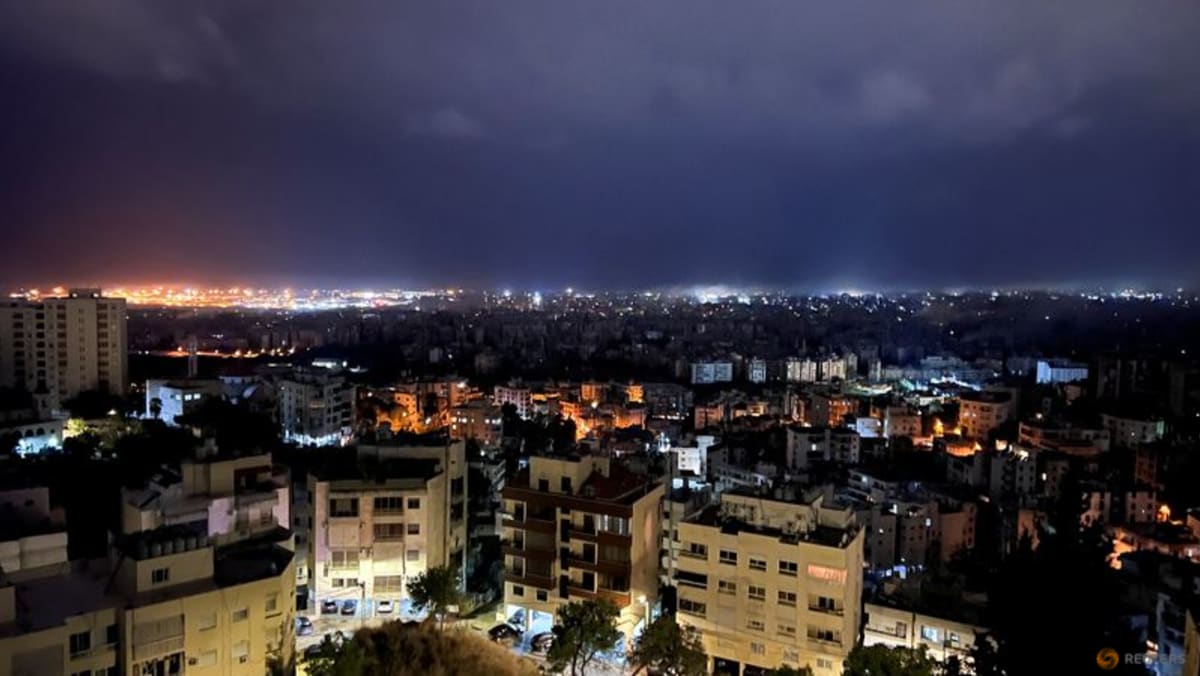US, allies consult but tread carefully as Russia crisis unfolds

A “GIFT” FOR UKRAINE
But beyond that, officials were mum, though clearly watching to see what would happen in Russia’s most serious security crisis in decades.
Biden and Vice President Kamala Harris met with top US security officials early Saturday on the Moscow crisis, including Defense Secretary Lloyd Austin, Pentagon Joint Chiefs Chairman General Mark Milley, Director of National Intelligence Avril Haines and CIA Director William Burns.
A US military source said American officials need to be careful about what they say, noting that they do not want to give Putin or others any reason to cast blame for the situation on Washington.
Moscow issued a stiff warning to the US and allies to stay back.
“The rebellion plays into the hands of Russia’s external enemies,” the foreign ministry said in a statement.
“We warn the Western countries against any hint of possible use of the domestic Russian situation to achieve their Russophobic goals,” it said.
Moscow’s ally Belarus, meanwhile, called the uprising a “gift” to the West.
It was a sentiment echoed by Kyiv, where Deputy Defense Minister Ganna Malyar called the rebellion “a window of opportunity” for Ukraine’s armed forces.
Analysts agreed, with James Nixey, a Russia expert at the London-based Chatham House think tank, telling AFP that Ukraine would likely try to capitalise on the situation.
NUCLEAR WEAPONS
Western allies were also looking to see if the turmoil inside Russia would offer any advantages for Ukraine as it pushes on in its counteroffensive against invading Russian forces in the east and south of the country.
Ukrainian Commander in Chief Valerii Zaluzhnyi told his US counterpart Milley that there would be no let-up in the Ukrainian campaign.
Ukraine’s counteroffensive “was going according to plan,” he said.
A key concern, according to experts, is if Prigozhin’s rebel forces seek to gain control of any of Russia’s nuclear armory, particularly tactical nuclear weapons.
“This is an emerging danger and is exactly what policymakers most fear, a loose-nuke scenario,” wrote Alexander Vindman, a former White House National Security Council expert on Russia and Eastern Europe.
“This fear has plagued US policymakers since the collapse of the Soviet Union,” he said.
The White House did not respond when asked if there had been any communications with Moscow over the security of its nuclear weaponry.
Nixey said while things remain in flux, the West should not look to Prigozhin as any hero or count on the Russian elite turning away from Putin, and toward him.
Privately many Russians might consider Putin’s war on Ukraine as a “dreadful mistake,” he said.
But “that doesn’t translate into supporting Prigozhin, because of his maverick nature,” Nixey told AFP.
As for Kyiv, he said Prigozhin’s revolt does not mean an end to their fight.
“Whilst this is a useful distraction for the Ukrainians right now – and they will be pleased that this has happened and they will be looking to exploit it on the front line – he is not their knight in shining armor.”
Source: CNA















